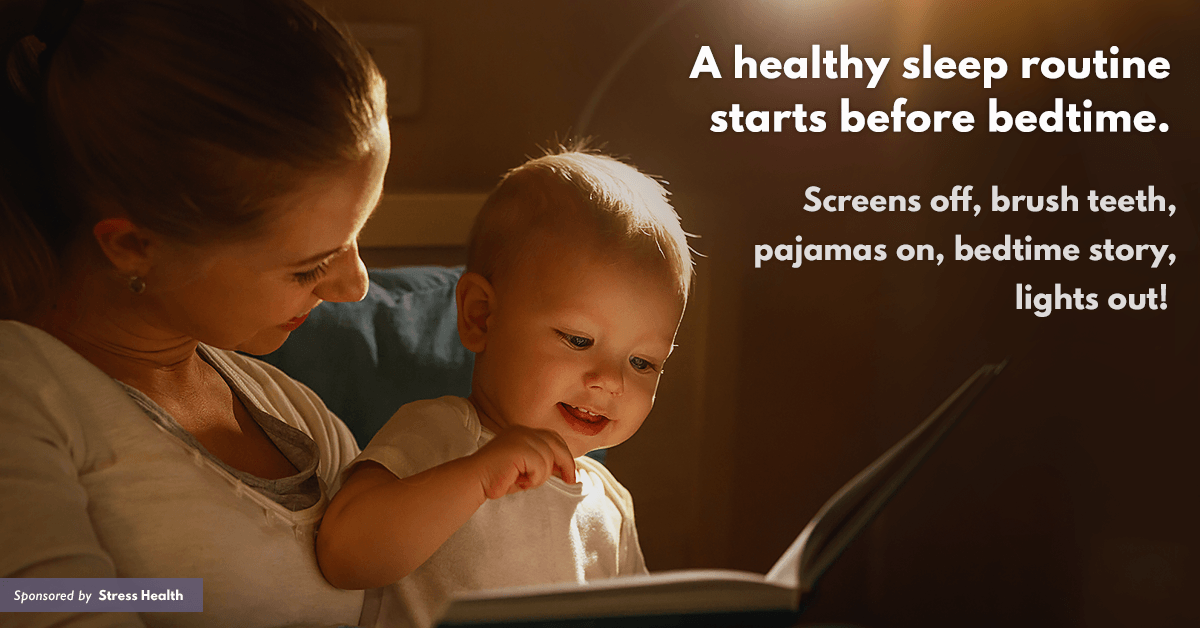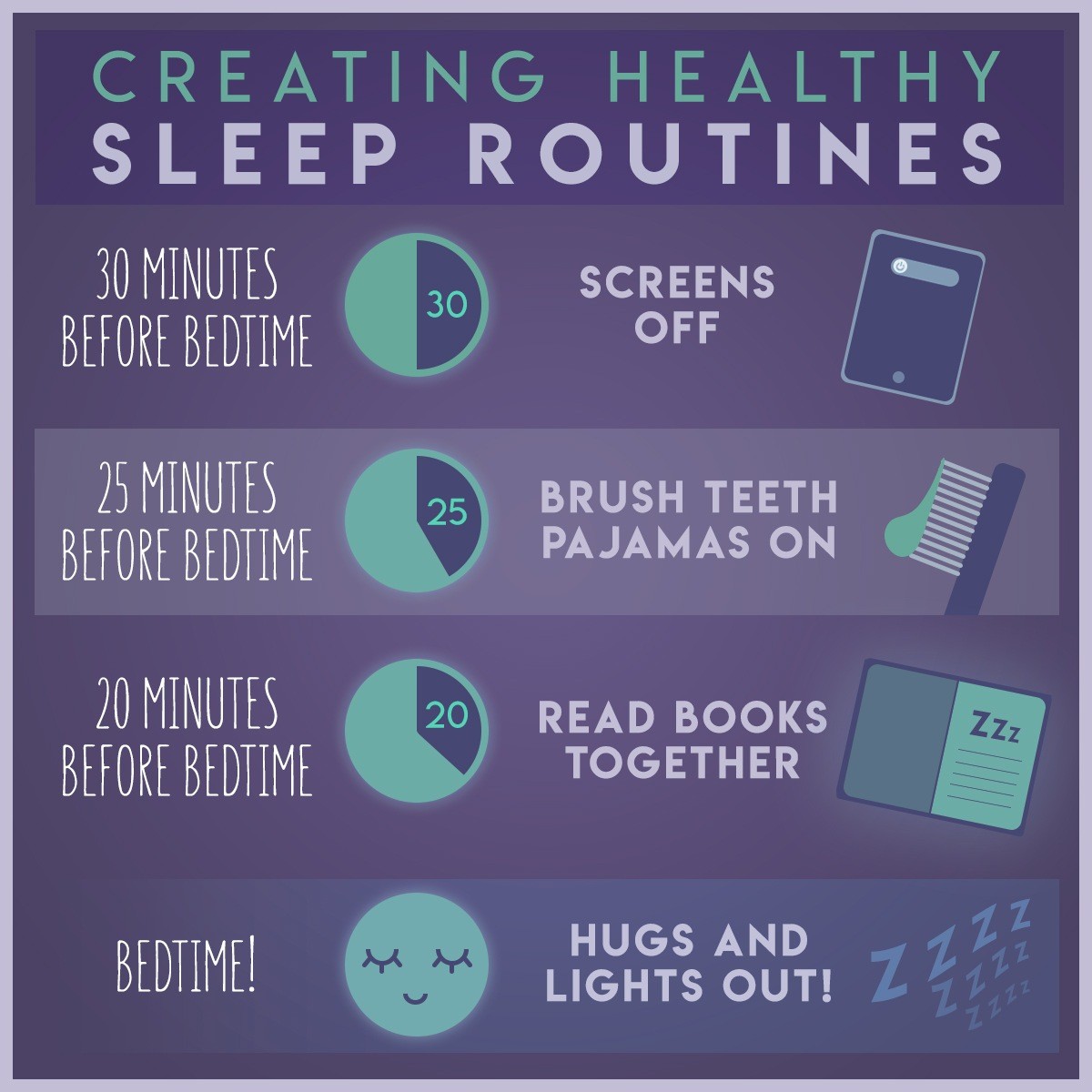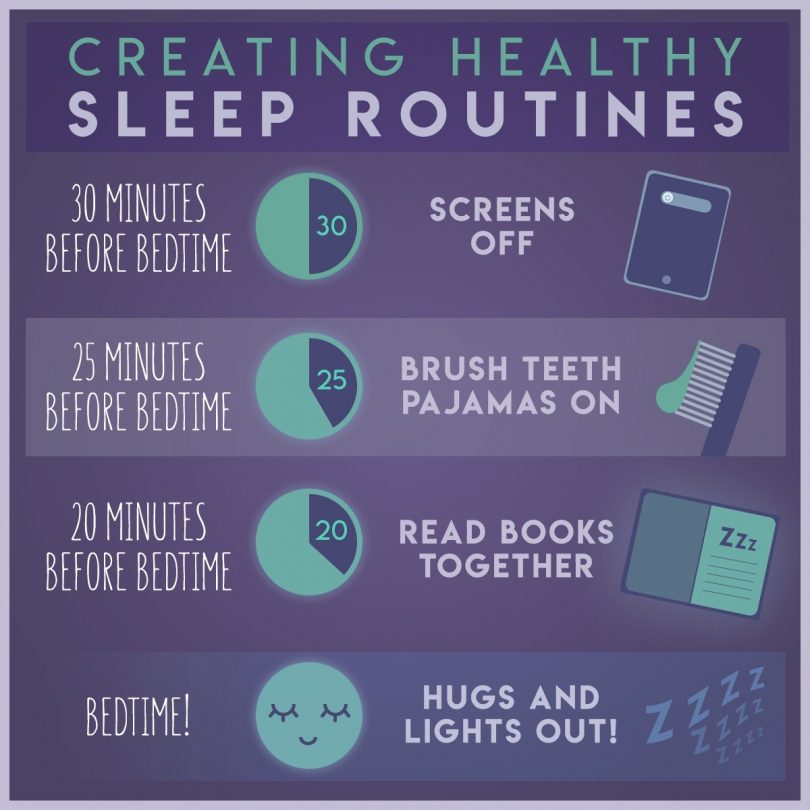Your desire to sleep better is probably what brought you to this article. And, like many people today, you may be dealing with stress. Stress affects sleeping and the more severe the stress, the worse it can do that. Over the past few weeks we’ve been talking about a form of stress called Adverse Childhood Experiences (ACE’s). More specifically, we’ve looked at ways you can use eating and exercise habits to strengthen you physically and emotionally against the effects of stressful experiences. Now, let’s take a look at the relationship between ACE’s and sleep.

“I’m too Stressed to Sleep Better”
Stress created by trauma leads to different sleep problems. The stress causes the body to be over stimulated. The neurochemicals, epinephrine and adrenaline, make relaxing to sleep difficult. Plus, when you sleep, they interrupt your sleep cycle.
You may be experiencing insomnia, nightmares, daytime exhaustion. ACE’s may cause a person to feel unsafe. They can’t help but stay vigilant against possible dangers. Or they hate feeling out of control, not knowing when a dream will take them back to a traumatic memory.
As a result, they try to make up for the lack of sleep with naps, which may further interfere with quality nighttime sleep. Or, they turn to alcohol or drugs to numb to try make the stress go away and numb the pain.
Lack of sleep can cause health problems, emotional problems, and making working efficiently difficult.
Moreover, it is for these reasons that people often turn to natural supplements like CBD oil. There is a lot of research out there to suggest that CBD can help people living with insomnia to relax and unwind. Accordingly, you can learn more about some of the potential benefits of using CBD products on the Gold Bee website here: www.goldbee.com.

“Better Sleep = Better Coping”
There are some ways you can develop better sleeping habits. This will not only help you better deal with your stress, it helps your health and overall well being.
- Avoid stressful activities before sleep. This may include paying bills or having stressful conversations.
- Don’t watch the news before bed.
- Don’t play video games before bed.
- Avoid caffeinated drinks in the afternoon or evening.
- Don’t eat or drink close to bedtime.
- Take a warm bath before bed.
- Keep a routine of when you sleep. Go to the bed and get up at the same time.
- Find something relaxing to do before bed such as reading, listening to quiet music, or yoga.
- Create a safe, relaxing environment to sleep. You’ll sleep better when you room is clutter free, has a comfy bed, and can be dark at night.
- You may feel safer with a night light, but use a dim one.
- Silence your phone so notifications don’t wake you.
- Keep daytime naps short to 15-45 minutes.
Conclusion
Rather it’s you or a family member coping with ACE’s or some form of toxic stress, knowing how to sleep better is a step toward recover. Here’s a helpful infographic to help you and your children create healthy sleep routines.




Leave a Reply